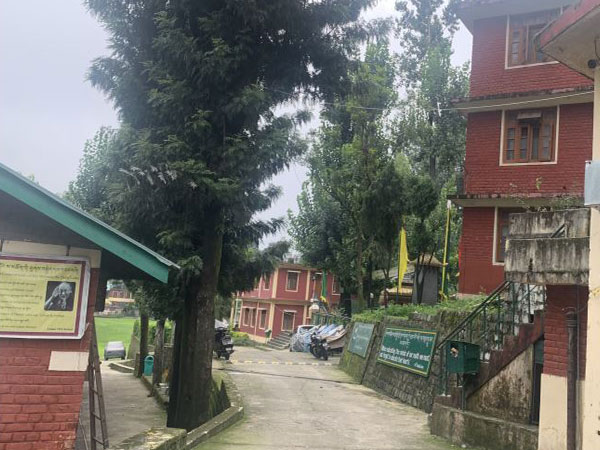Tibetan Travails: China's Stranglehold on Movement
China's stringent travel restrictions are severely impacting ethnic Tibetans' freedom of movement. Increased surveillance, checkpoints, and passport hindrances create significant barriers, affecting their ability to seek exile or practice their cultural identity. The Tibetan community in Dharamshala sees dwindling arrivals amidst heightened security since 2008.

- Country:
- India
China's stringent travel restrictions are disproportionately affecting ethnic Tibetans, creating significant barriers to their freedom of movement. The obstacles include troop deployments, checkpoints, roadblocks, required bureaucratic approvals, and passport restrictions, which impede travel both within Tibetan areas and externally.
Restrictions have intensified, particularly near international borders in the south, making it harder for Tibetans to seek exile in India and other countries. The Tibetan Reception Center in Dharamshala remains largely vacant, with dwindling student numbers at the Lower Tibetan Children's Village (TCV) school. Experts attribute this decline to increased strictness on movement following the 2008 protests in Tibet.
According to Central Tibetan Administration sources, only five Tibetans arrived in Dharamshala in 2020, four in 2021, ten in 2022, and 15 in 2023. This contrasts starkly with over 2000 annual arrivals during the 1990s and early 2000s. Tenzin Passang, executive director of Students for a Free Tibet-India, remarked, "Fleeing Tibet has always been perilous, but Tibetans pursue it to preserve their cultural identity and religious freedom."
Passport acquisition for foreign travel remains nearly impossible for Tibetans, with over 2,000 inspectors manning 700 discipline committees across rural Tibet. These measures have severely curtailed the number of Tibetans escaping post-2008 due to Beijing's heightened security to prevent protests and international scrutiny. Passang noted, "China aims to prevent escapes as Tibetans can provide firsthand accounts of human rights abuses."
Previous incidents involve Chinese authorities confiscating passports and imposing travel restrictions to Lhasa. Tibetan-origin foreign nationals also face major hurdles in obtaining visas to visit Tibet, often resulting in denials after prolonged waits. Highlighting these issues, Passang added, "Our culture and way of life face aggressive suppression by the CCP."
(ANI)
(With inputs from agencies.)
ALSO READ
Exiled Hope: The Political Journey of Edmundo González
Monpa Community Honors Dalai Lama with Long-Life Prayers in Dharamshala
Exiled Opposition Leader Edmundo Gonzalez Seeks Asylum in Spain Amid Political Turmoil
Tibetan Government-in-Exile Welcomes Arunachal Pradesh Leaders in Dharamshala
Tibetan Government-in-Exile Condemns China's Colonial Boarding Schools in Eastern Tibet










